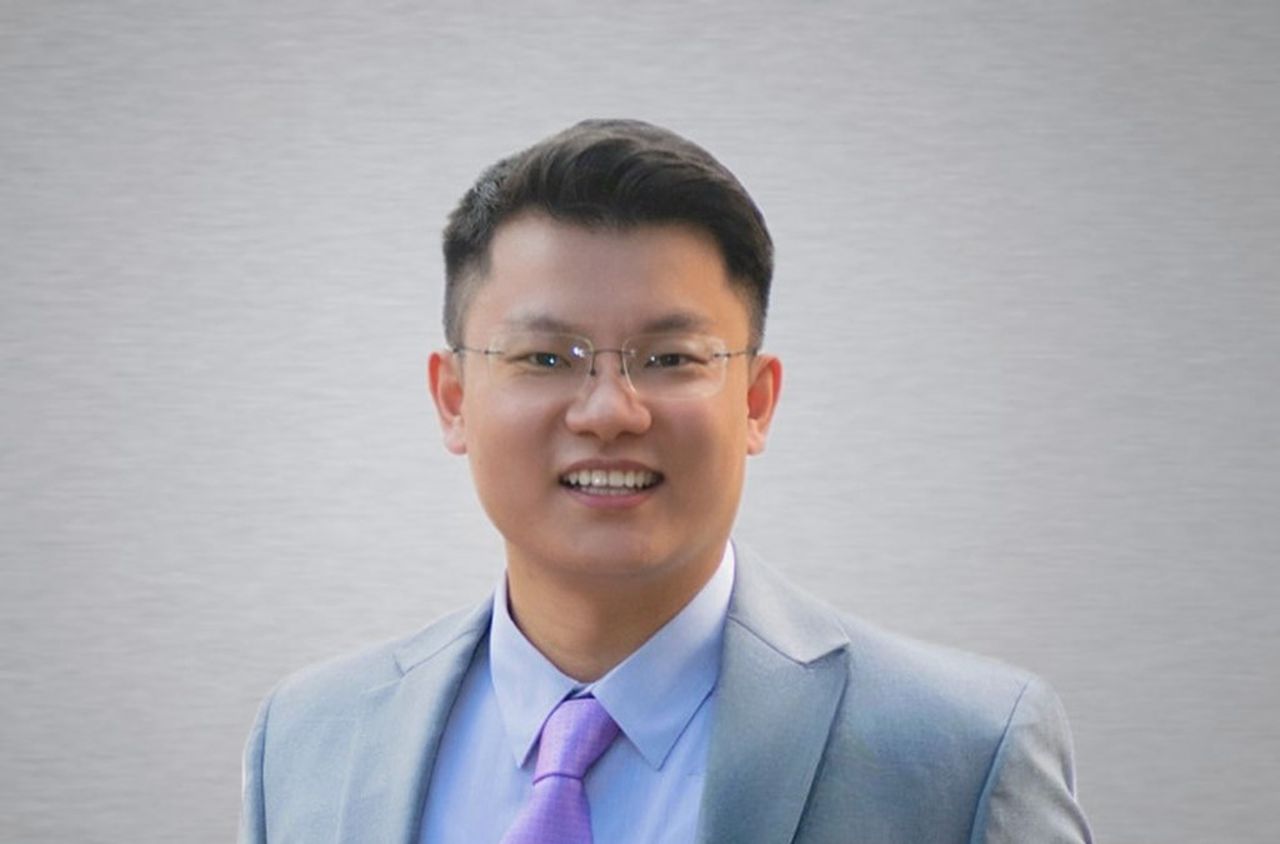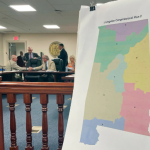This is an opinion column.
Jari Chen was born in this country, the daughter of UAB scientists. She’ll graduate from Hoover High next week – Go Bucs – and head to UAB on a medical school track. Go Blazers.
She dreams of being a doctor.
She is an American citizen by birth, and Alabama is the only home she has ever known. It is home to friends and family and people who, 99 percent of the time, treat her like any other 17-year-old. Which is to say she goes to high school, so there are moments.
Now, thanks to the Alabama House of Representatives, she feels like her family is a target.
Dingguo Zhang is a postdoctoral researcher, studying cardiovascular and kidney diseases at UAB. He’s using next-generation sequencing to try to map genes responsible for cardiomyopathy and hypertension. In a state where those ailments are rampant.
Zhang loves Birmingham, and found the love of his life here. But Alabama politicians want to turn people like him into something to fear, and it hurts. A bill passed by the House and being debated by the senate, could have barred him from buying so much as a parcel of land for a home.
Because he is Chinese. Because of an overblown fear that the Chinese government wants to buy up Alabama farmland. In a state where the vast majority of foreign-owned land – 1.8 million acres – is held by Canada and European nations.
So many Chinese Alabamians have lost sleep and faith in recent days because of a rash, arbitrary bill by Rep. Scott Stadthagen, R-Hartselle, and 25 co-conspirators that would ban Chinese people and Chinese entities from buying any land in Alabama. Couched as the Alabama Property Protection Act, and singling out Chinese nationals, no matter their immigration status, as well as the Chinese government and businesses. It sent tremors through the Chinese community in Alabama.
There was a reprieve of sorts Wednesday. The Alabama Senate in committee late Wednesday substituted a new bill that essentially rewrote the old one, removing the ban on Chinese citizens owning property but barring “foreign principals” in a “country of concern” from owning property. That includes political parties, businesses and “an individual who is domiciled in a foreign country of concern and is not a citizen or lawful permanent resident of the United States. Countries of concern include China, Iran, North Korea, and Russia. If passed in the Senate it will have to go back to the House.
But so much damage has already been done. With so much absurdity.
This in a state that handed the Chinese copper tubing company Golden Dragon $202 million in subsidies to come to Wilcox County.
This in a state where UAB is a top employer and a research gem that employs many Chinese nationals. It is a state where Huntville draws a global population on the promise of science and welcome and livability.
It is a state that proclaims how it dares defend our rights. But it will trample all over yours if you ain’t from around here.
Ken Yang is a UAB researcher working on a green card. He loves Birmingham so much that he has taken to giving city tours each fall to new foreign students.
“I like Alabama,” he said. “That’s why I’m staying here.”
He has been treated well here, he says. He has experienced no discrimination, and was impressed when his car broke down on the highway and strangers stopped to help. But he is frightened by this bill. Because he is a man trying to do good for his family and good in the world, and now he is seen as something to be banned.
“We are not the Chinese government. We are individuals,” he said, describing “a very wide, deep panic” in the Asian community. “We are all afraid of what will happen next.”
UAB, which employs many Chinese nationals, issued this statement:
“UAB does not comment on pending legislation, but we do participate in the legislative process on issues of importance to us and those we serve.”
That means, for those who don’t speak bureaucratic jargon as a second language, that UAB is working on it. Its lobbyists were certainly pushing for the change in the Senate on Wednesday.
But the fear remains.
Shuang Zhao is a tenured associate professor at UAH, specializing in public policy. She married an American, is raising a family in a place she has loved, in a city billed as one of the best places Americans can live. To be tagged as a communist threat is not just demeaning. It is dehumanizing.
“All of a sudden our face, our identity has changed from a friendly neighbor, from a doctor who serves you, to the so-called China threat,” she said. “All of a sudden it’s as if we are secretly purchasing, stealing farmland in Alabama, which is absurd.”
The truth, she said, is that many Chinese nationals who choose to live in Alabama came to escape communism.
“We are part of the community, but all of a sudden they see us, as a whole, becoming ‘us vs. them.’”
Jari Chen, the 17-year-old, worries that this bill – particularly the original one – is like the “foot-in-the-door” concept she read about in psychology. If a discriminatory bill like this slips in, or is excused, then what next?
What happens when society targets whole groups of people to solve problems that don’t really exist, to achieve cheap political gain? We send a message not just to those people, but to the world. We ignore the richness those groups bring to our communities and we lose sight, more than anything else, of the people themselves.

America has been down this road before. Does Japanese internment ring a bell, when we locked Japanese people in camps during World War II, but left Germans and Italians alone? Alabama has seen it, too. It was just more than a decade ago when the state attempted to criminalize most aspects of life for undocumented workers, and wound up arresting a Mercedes executive in the fallout.
When we lash out reflexively from fear, we hurt ourselves, our reputations, and our people. Neighbors. Friends. Geniuses and goofballs, just like us.
I asked Zhang, the UAB post-doc who moved here and got married, if he would have chosen a different research institution if he knew this type of legislation would pop up.
He pondered, weighing the question like the scientist he is. He spoke of other schools, but wound up with this conclusion:
“I don’t know, because UAB research is really good and UAB medicine is really good.”
I couldn’t help but interrupt.
“And you found a wife here, right?”
And suddenly the scientist vanished, and he was just a guy. Just any Alabama guy.
“Oh, yes. Yes. Actually, yes,” he said. “Please let me rephrase. Yes. I would definitely choose to be here again.”
And the Alabama House still thinks we have differences.










